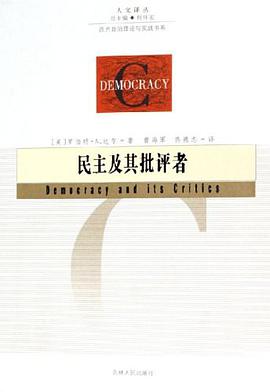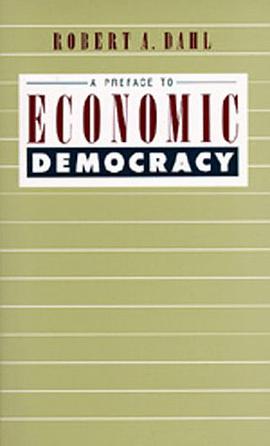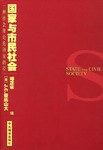毕业论文
A Preface to Economic Democracy 豆瓣
作者:
Robert Alan Dahl
University of California Press
1986
- 8
Product Description
Tocqueville pessimistically predicted that liberty and equality would be incompatible ideas. Robert Dahl, author of the classic A Preface to Democratic Theory, explores this alleged conflict, particularly in modern American society where differences in ownership and control of corporate enterprises create inequalities in resources among Americans that in turn generate inequality among them as citizens.
Arguing that Americans have misconceived the relation between democracy, private property, and the economic order, the author contends that we can achieve a society of real democracy and political equality without sacrificing liberty by extending democratic principles into the economic order. Although enterprise control by workers violates many conventional political and ideological assumptions of corporate capitalism as well as of state socialism. Dahl presents an empirically informed and philosophically acute defense of "workplace democracy." He argues, in the light of experiences here and abroad, that an economic system of worker-owned and worker-controlled enterprises could provide a much better foundation for democracy, political equality, and liberty than does our present system of corporate capitalism.
Tocqueville pessimistically predicted that liberty and equality would be incompatible ideas. Robert Dahl, author of the classic A Preface to Democratic Theory, explores this alleged conflict, particularly in modern American society where differences in ownership and control of corporate enterprises create inequalities in resources among Americans that in turn generate inequality among them as citizens.
Arguing that Americans have misconceived the relation between democracy, private property, and the economic order, the author contends that we can achieve a society of real democracy and political equality without sacrificing liberty by extending democratic principles into the economic order. Although enterprise control by workers violates many conventional political and ideological assumptions of corporate capitalism as well as of state socialism. Dahl presents an empirically informed and philosophically acute defense of "workplace democracy." He argues, in the light of experiences here and abroad, that an economic system of worker-owned and worker-controlled enterprises could provide a much better foundation for democracy, political equality, and liberty than does our present system of corporate capitalism.
国家与市民社会 豆瓣
作者:
邓正来
/
J.C.亚历山大
中央编译出版社
2002
- 1
本书共收入研究论文17篇,结构上分为三部分。第一部分“市民社会的概念与理论”,主要侧重于论者对市民社会概念之特定内涵的分疏及厘定,试图反映市民社会理念从与政治社会不分,此后逐渐与国家相分离直到最后经社会与国家互动而形成第三域(即市民社会)的演化的内在理路;第二部分“市民社会及相关问题”,侧重于展示市民社会与文化符号、社会整合、国家政权建构、民族主义以及军事政治等重大问题的研究,以图使中国市民社会论者拓宽研究题域,更为清晰地呈现出市民社会理念除自身的内在问题外而与其他问题相勾连时所具有的繁复性;第三部分“市民社会与中国问题”,主要围绕美国汉学家、中国大陆及台湾论者援用市民社会模式所做的研究,同时侧重于对当下研究的反思及论辩,并呈示某些晚近涌动的立基于中国历史与现状的本土性研究趋向。




